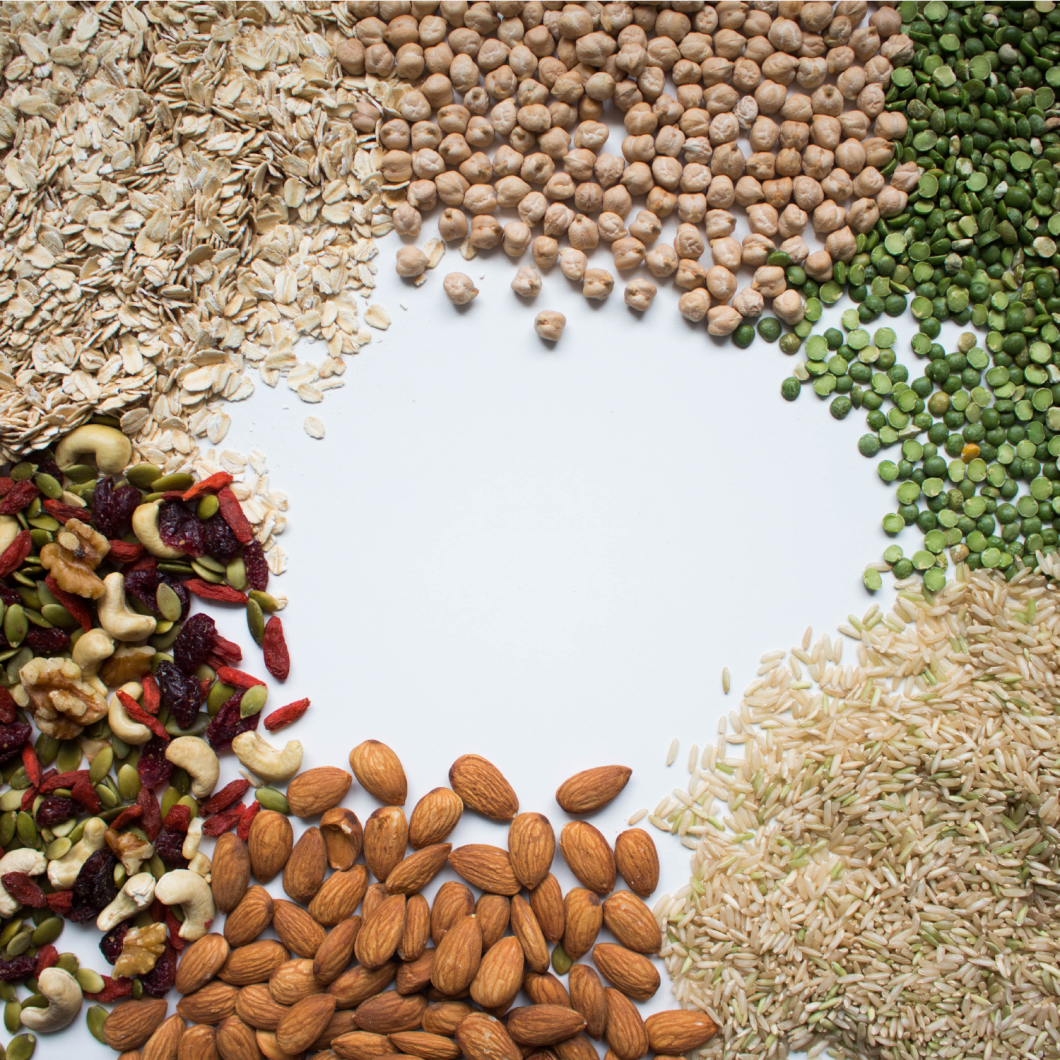Your Health.
Our Ingredients
Welcome to Jo Anne’s Place Health Foods! For over 49 years, we’ve proudly lived out our mission:
to be a champion for wellness in the communities we serve! From the quality of the products we select to our passion for caring about our customers here in Peterborough and Lindsay, Ontario, we strive to provide you with the best service possible!
Join The Wellness on Purpose Program
This self-paced, free educational online resource, designed by Holistic Nutritionists, focuses on the key pillars of wellness:
- Nutrition
- Sleep
- Stress
- Movement (Coming Soon)
Our 3rd Pillar, Your Stress, featuring leaders in the Peterborough Wellness Community, is available today!
Join the over 250 people who have already registered and start building your wellness foundation today!
Health Tips From Experience
Listen To Our Latest Podcast Episode












































































































